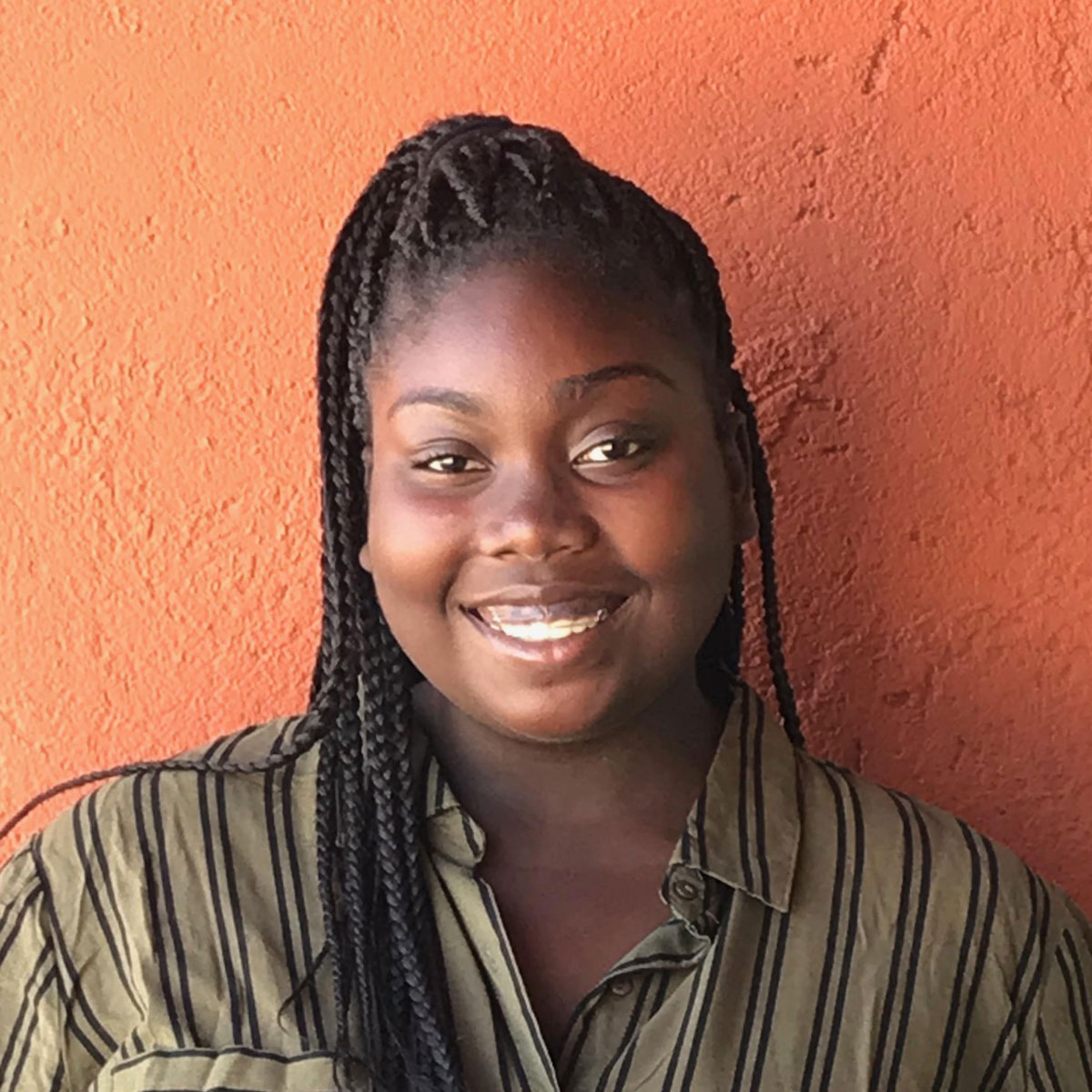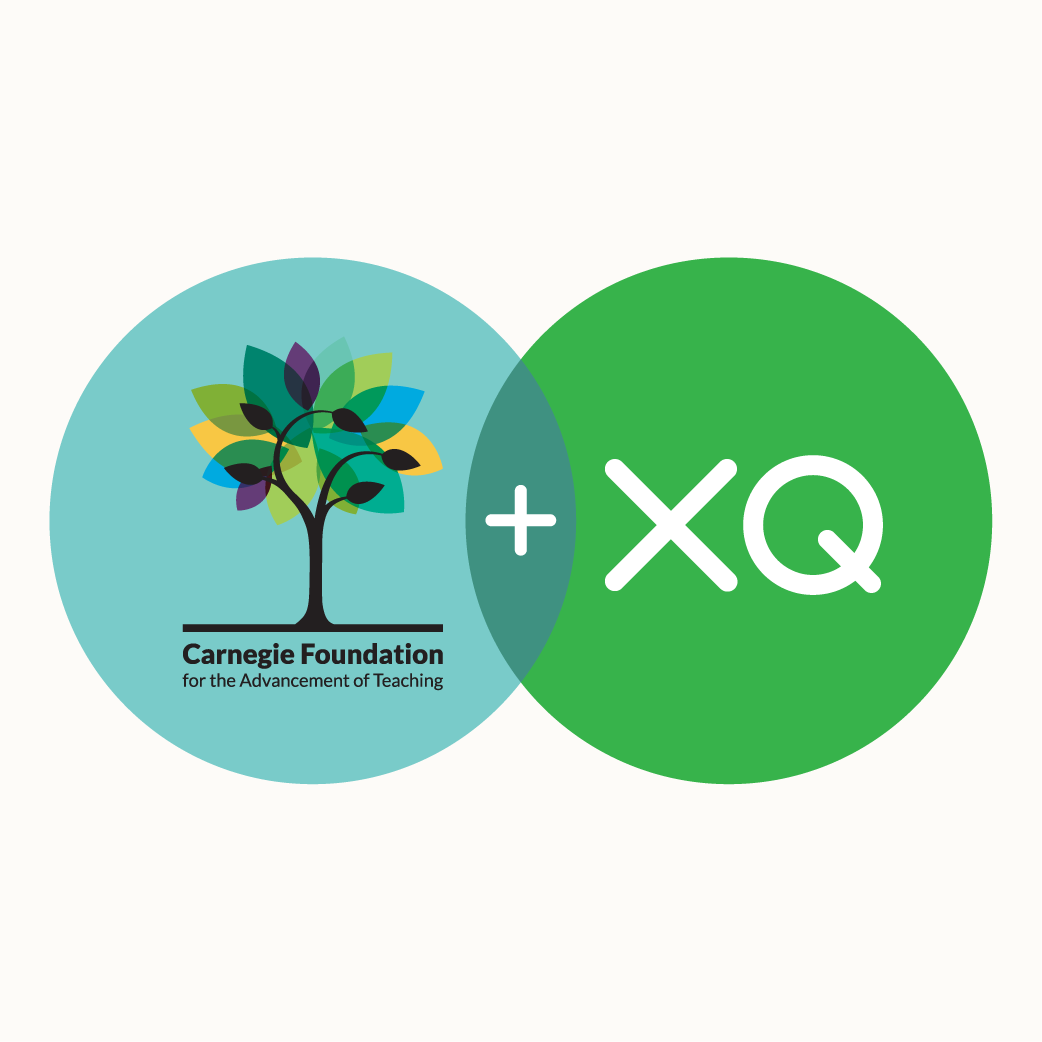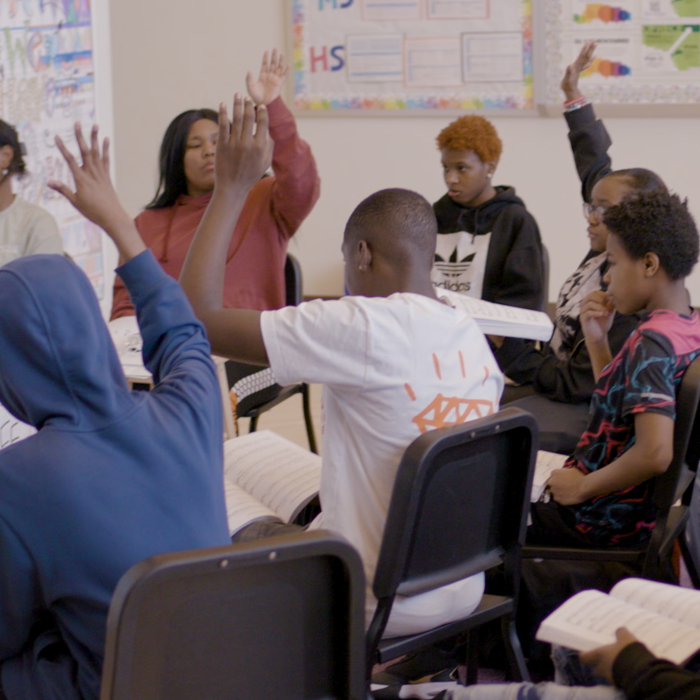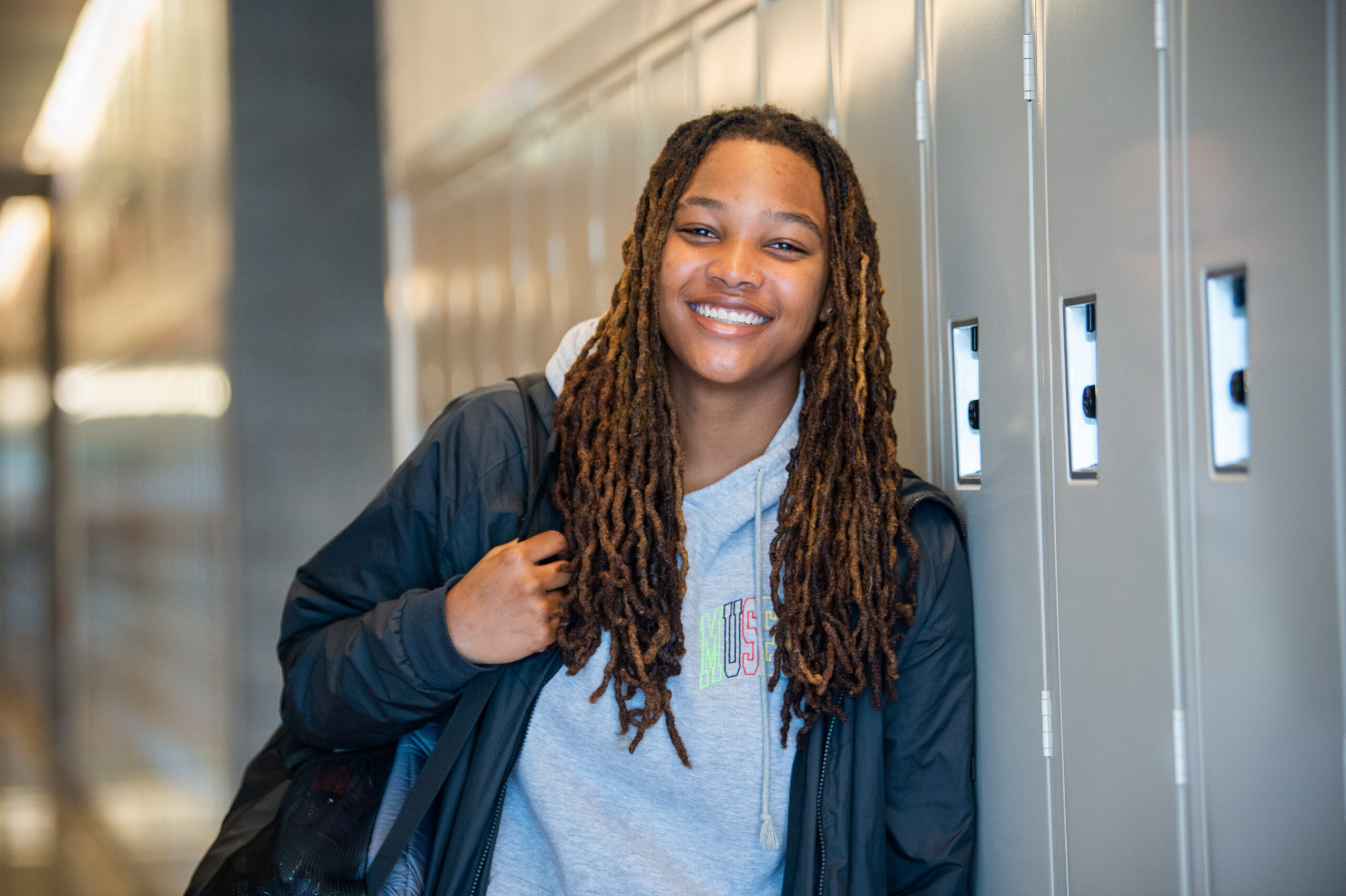Da Vinci RISE High
Los Angeles, California
Reconnecting students through anytime, anywhere learning.
Da Vinci RISE exists to reconnect students with high school through anytime, anywhere learning. The school helps about 200 students who have been failed by the traditional school system—including students in foster care, those involved with the juvenile justice system, and those who are experiencing homelessness. RISE shows students how to rise up and create change.
Authorized by the Los Angeles County Board of Education as a Countywide Charter, Da Vinci RISE opened in 2017 after the team recognized the lack of adequate educational, social-emotional, and material resources for these students. RISE meets their needs by co-locating and integrating its services on site at three non-profit organizations around Los Angeles. Students frequently enroll in RISE later in their high school careers, having fallen behind in accumulating credits needed to graduate. “Most of our students have already attended multiple educational institutions before enrolling here,” Principal Naomi Lara explained. “For example, after a period of incarceration, or after switching schools multiple times due to housing instability or changing foster care placements.”
RISE has a nurturing and flexible schedule, supporting students through a hybrid learning model that blends competency-based and project-based learning curriculum to prepare them for a competitive and changing world. In the aftermath of the pandemic, RISE’s mission is even more crucial to the county’s long-term goals with more than 51,000 homeless students in Los Angeles public schools and more than 7,000 students in foster care. The school is studying what it’s learned about working with students in difficult situations that can be applied to other schools and to education policy changes that can support these learners.
Design Principles in Action
Learn how Da Vinci RISE applies these XQ Design Principles to sustain student success:
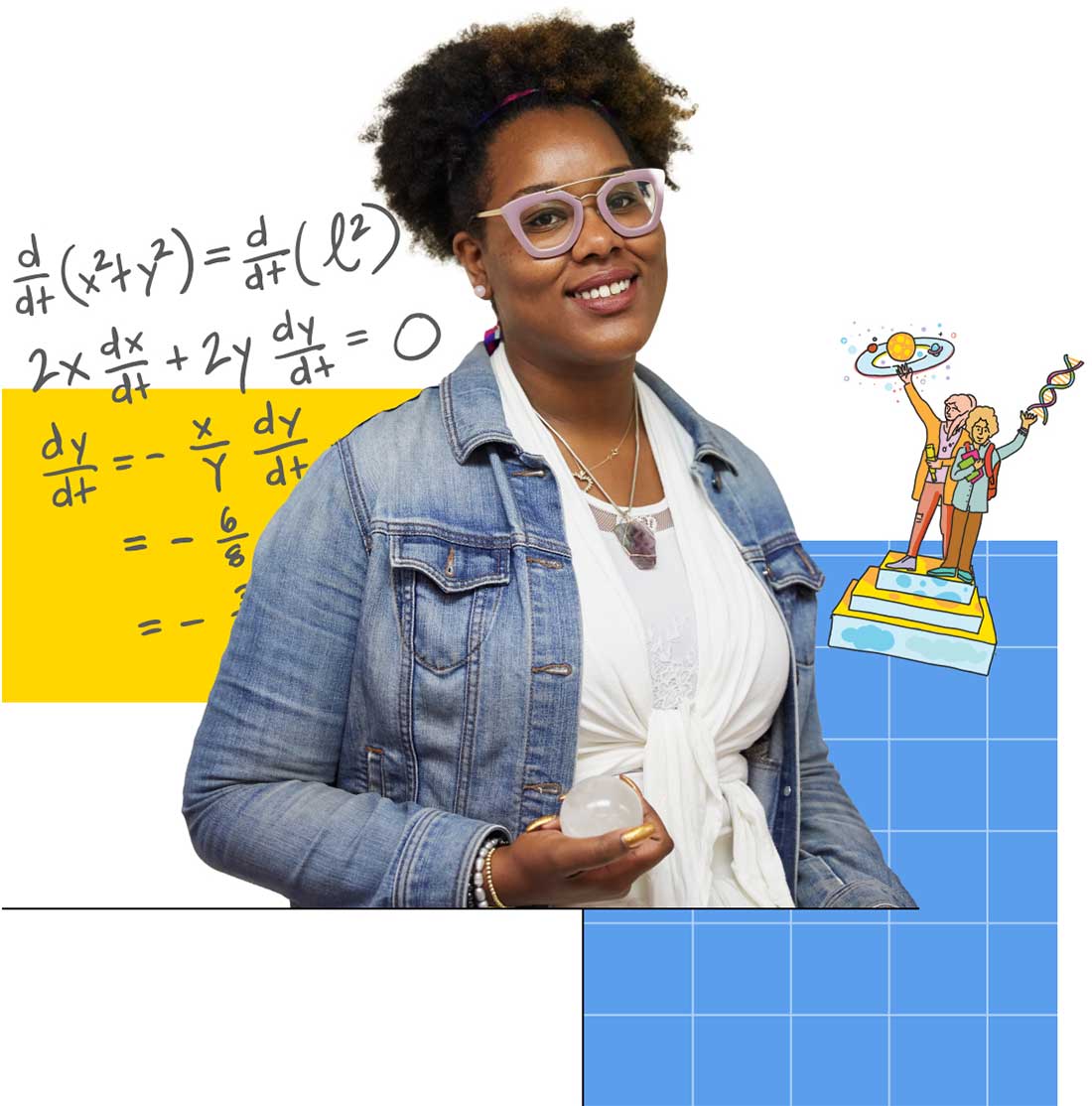
Strong mission and culture
RISE provides an empowering education by partnering with service providers, leveraging student voice, and centering the school experience around youth who are most frequently written out of the larger educational narrative. The school intentionally recruits staff members who want to work closely in a small, tight-knit team and to build a strong, nurturing community of resilience from the ground up. Educators receive special training in trauma-informed care, nonviolent crisis intervention, restorative practices, and the workings of the legal and foster-care systems.
Meaningful, engaged learning
At RISE students receive personalized, project-based learning tailored to their individual needs, passions, and goals. Teachers work closely with each student and meet them where they’re at to ensure academic success. One student researched immigration reform and shared the negative impacts that current policies had on their life, and then shared their ideas for more just and humane policies moving forward. Others focused on issues such as gun safety, healthcare, or climate change. Students reflect on their culminating project and their time spent at RISE through a presentation of learning, sharing ways in which they grew, and how the lessons they learned at RISE will lead to success in their post-secondary goals.
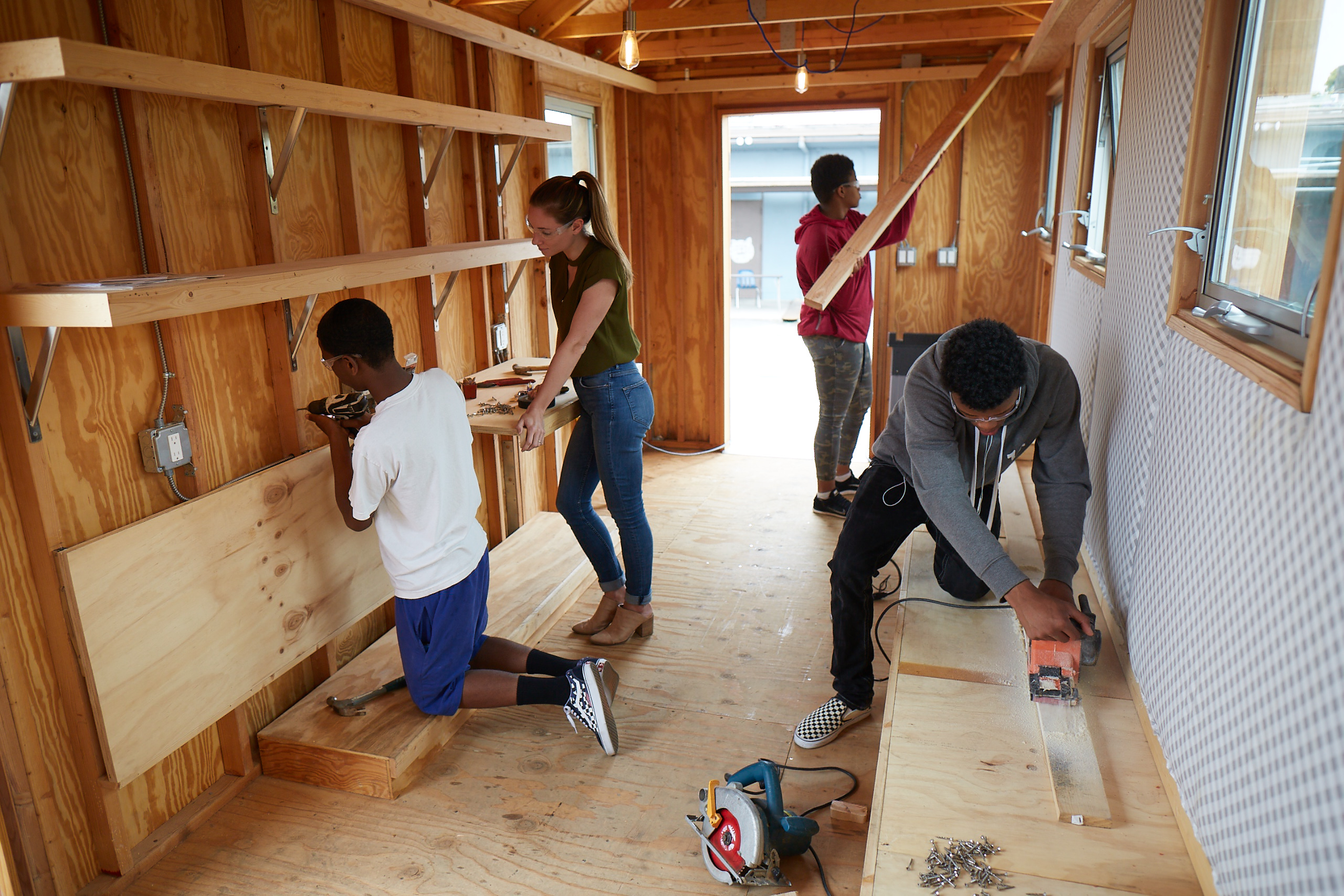
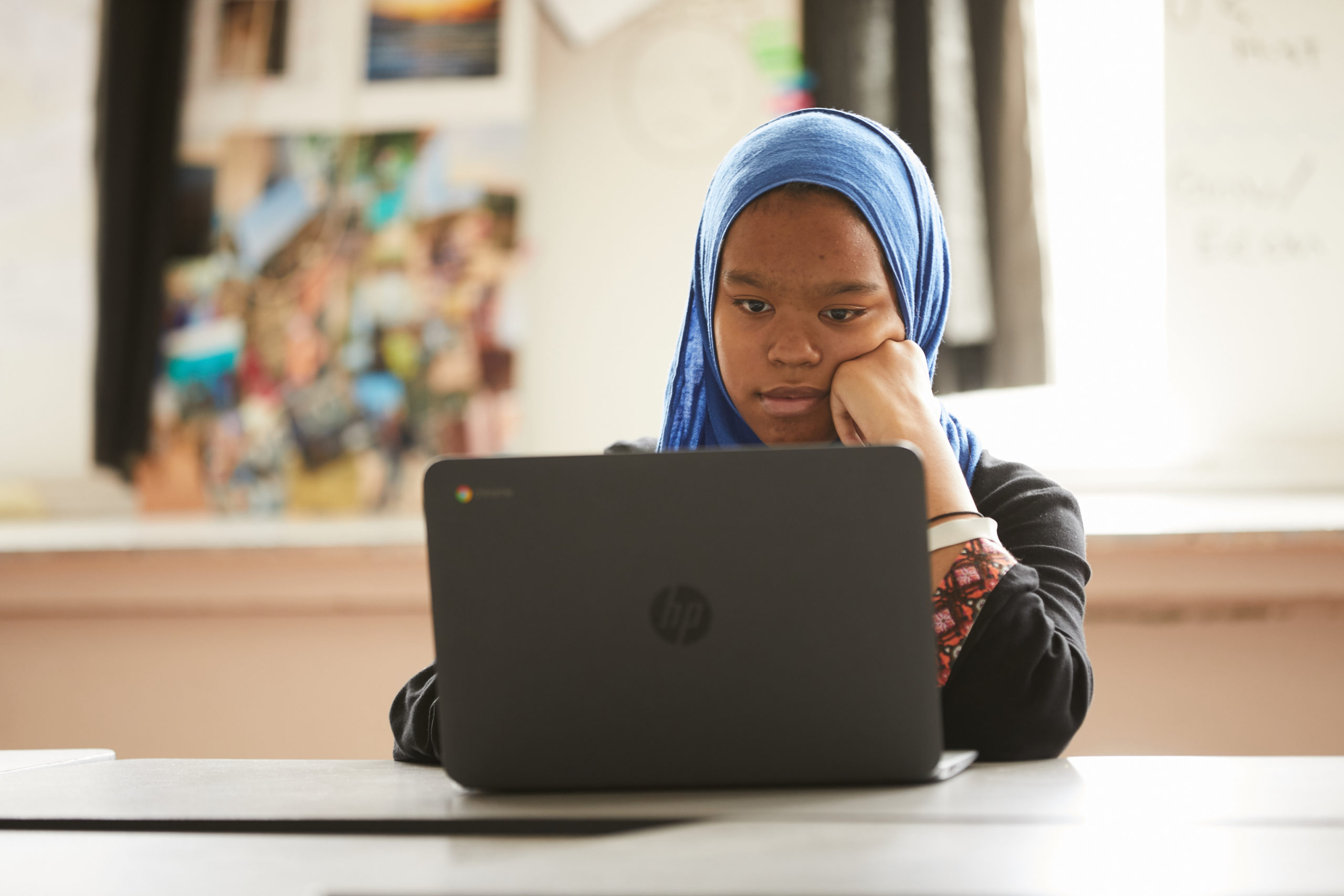
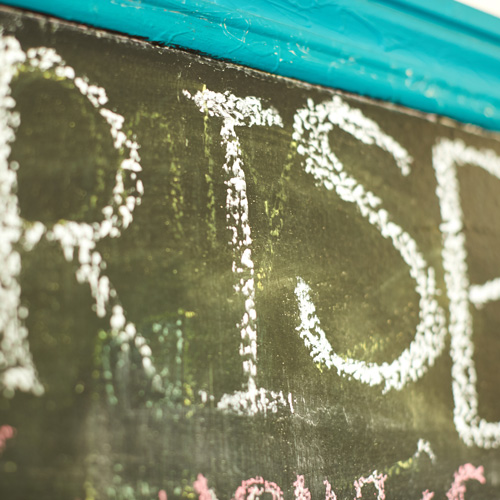
Caring, trusting relationships
RISE teachers receive distinct training to support their students as they overcome difficult hardships. RISE staff integrate social-emotional and academic support when making home visits, meeting with students online, and connecting students with outside services. Students praise the high level of support they receive from all RISE staff members, saying even the school’s security guards regularly talk with them about their progress.
Youth voice and choice
Student voice and empowerment are reflected in multiple ways in the school’s culture, systems, and routines which allow students to communicate their individual academic and social needs. For example, students share their perspectives on school policies and culture with the staff through one-on-one conversations and in surveys. Rather than traditional punitive disciplinary practices, RISE uses restorative practices designed to solve problems and help students who broke norms reflect on their actions. Community building circles occur at least twice weekly, where students have an opportunity to raise issues and resolve differences through authentic, respectful conversations. Smaller advisory circles focus on personal reflection and feedback, while larger circles focus on school-wide or community-based issues and concerns.
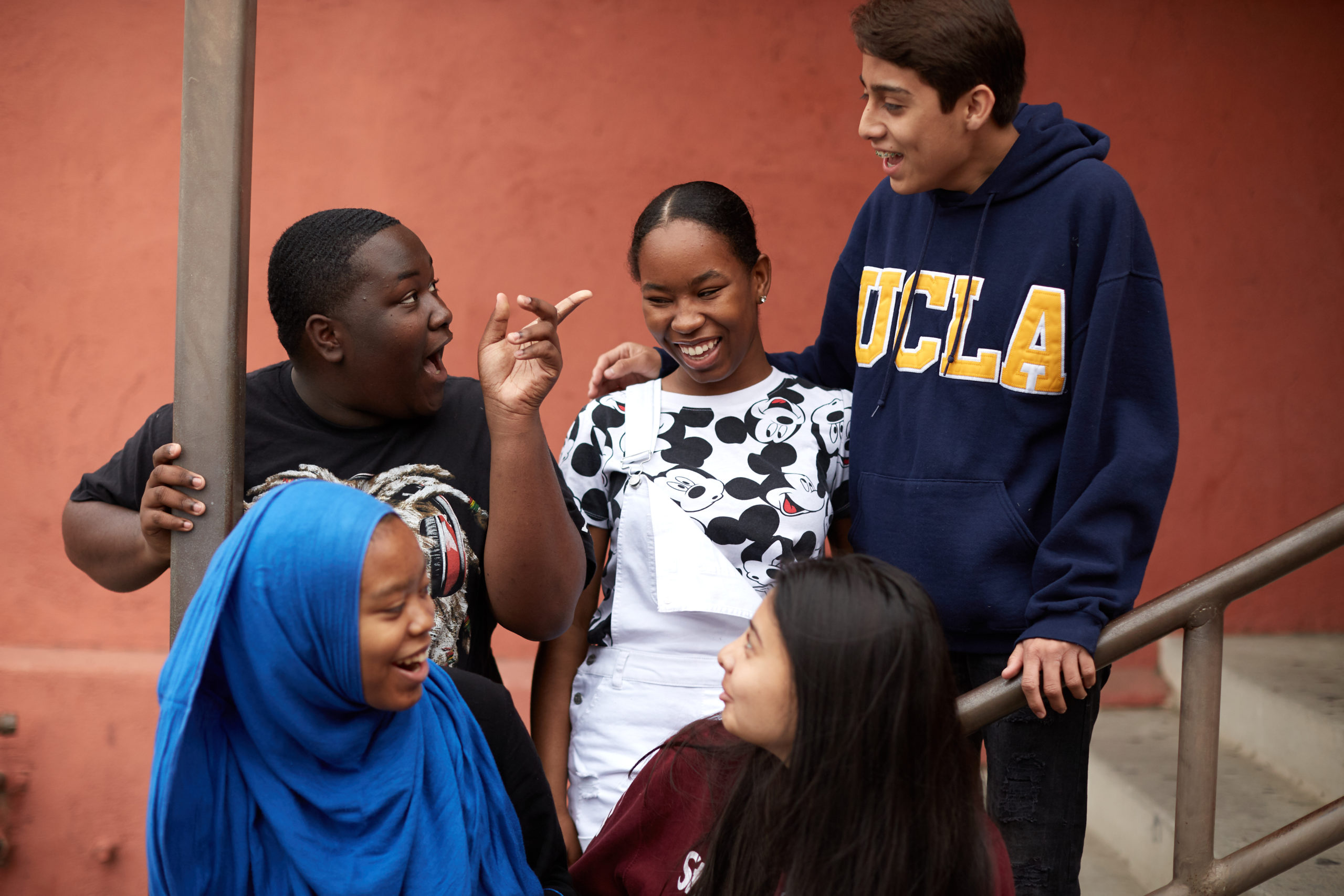
Smart use of time, space, and tech
RISE doesn’t have rigid course sequences or grade levels. The school promotes a stable and trusting environment that reconnects young people with learning at any time—through year-round extended hours, face-to-face and online learning. RISE partners with social services and operates from three locations, allowing students to access critical services and resources without taking them too far away from their academic experiences. Students get transportation through rideshare programs to make sure they don’t miss school, work, or appointments.
Community partnerships
RISE has established an impressive array of diverse, community-based partnerships. The school has a partnership with A Place Called Home—an arts, education, and wellness program in South Central LA that provides paid internships and other opportunities. RISE’s three locations all involve partnerships with community organizations including the aforementioned A Place Called Home plus Richstone Family Center, which is dedicated to treating and preventing child abuse and trauma; and New Earth, which provides mentor-based arts, educational, and vocational programs.
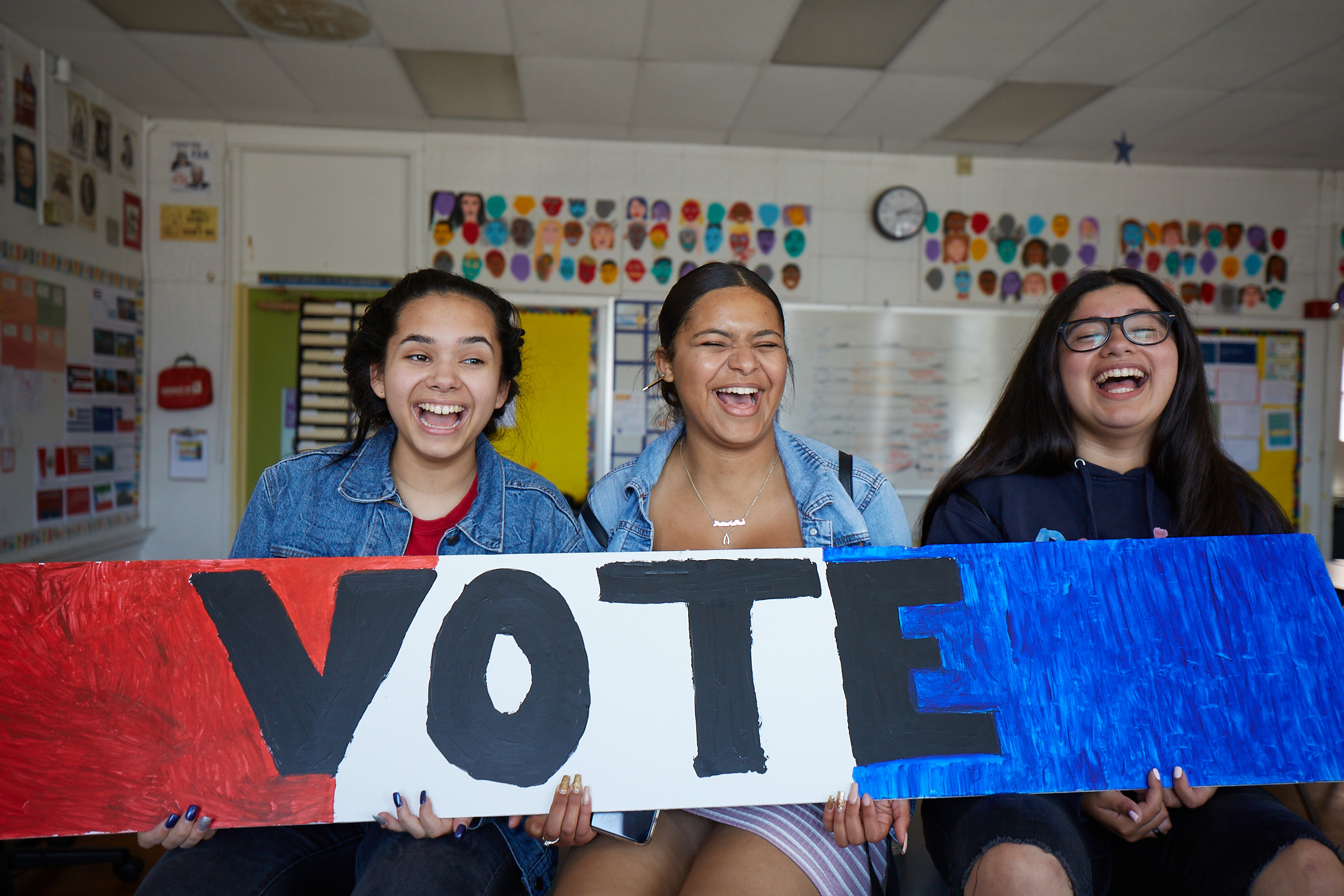
Student Outcomes
XQ administered a student survey on social and emotional learning (SEL) in the winter of 2022, finding that 94 percent of RISE students had at least one teacher or other adult in the school they could talk to if they had a problem.
In XQ’s other student survey of the Class of 2022, more than three in four 12th graders at RISE (76 percent) said they valued being able to work at their own pace to master what they needed to learn. Remarkably, every member of the RISE Class of 2022 reported feeling at least somewhat prepared for the future, with three in four feeling “very well” or “extremely well” prepared.

